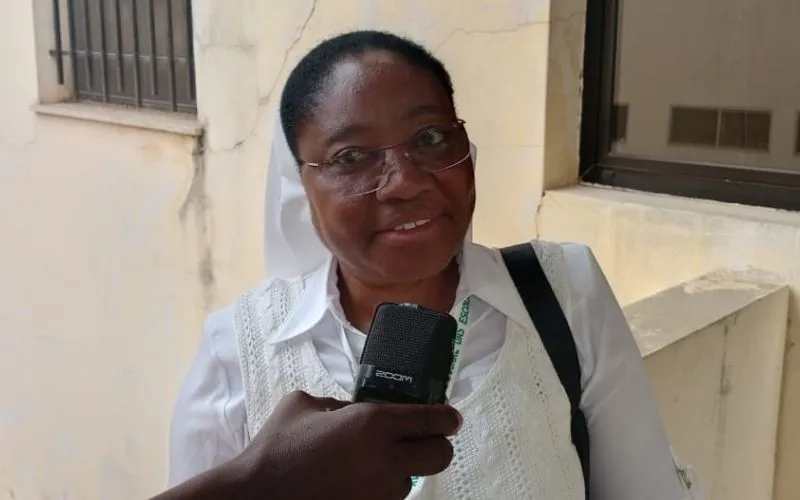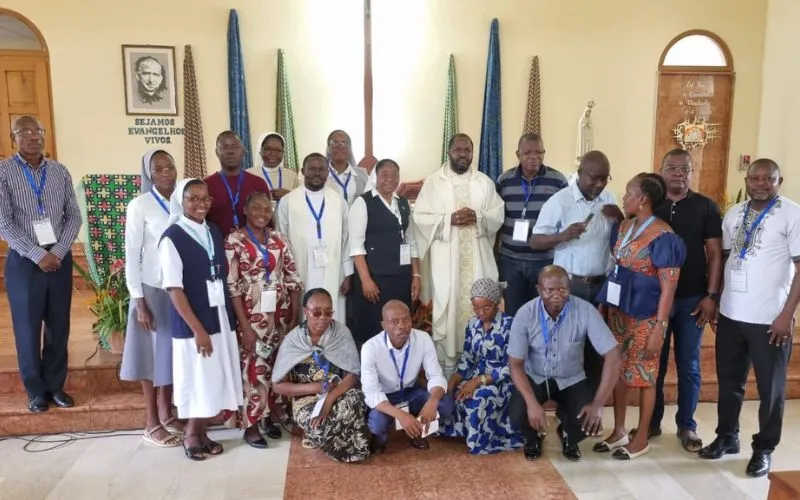In the Framework Agreement document, the Angolan government committed to select teachers, who meet Angolan legal requirements for its schools; the teachers would have the right to be integrated into the national education system.
In the November 9 interview, Sr. Cândida appealed to the Angolan government to communicate and to spearhead the implementation of the 2019 Framework Agreement to the letter at local administrative levels, including municipal and provincial education departments.
“I just want to appeal to the government to truly honour the agreement that was signed. Let it be fulfilled; let it become a reality. And may provincial and municipal education directors be informed and familiarize with this document,” the Angolan member of the Daughters of St. Mary of Guadalupe (FSMG) said.
She lamented, “Some schools suffer from a shortage of teachers, and this issue is nationwide, not just in Luanda or the ecclesiastical province.”
“We face a barrier clearly addressed in the Framework Agreement, so I begin to deduce that this document is not being applied practically,” Sr. Cândida further lamented.
She continued, “There is a partnership where the government is supposed to provide teachers to Catholic schools for their proper functioning. This is becoming complicated because we haven’t received teachers from the government for many years.”
The Angolan Sister noted that Catholic schools are also entitled to receiving materials and educational resources from the Ministry of Education. In practice, she said, the supplies remain insufficient.
“This requires action on both sides. Catholic schools cannot resolve this issue on their own. There is indeed a path that needs to be taken, and it must be taken on both sides,” the Catholic education official in the Ecclesiastical Province of Luanda said.
She underscored the importance of everyone understanding the Framework Agreement to fully grasp the benefits and responsibilities on both sides and foster a collaborative approach.
“In our day-to-day experience, we notice a lack of this understanding, despite the Ministry of Education’s efforts to raise awareness about these instruments,” Sr. Cândida said.
 Sr. Cândida Ribeiro Matongueiro. Credit: ACI Africa
Sr. Cândida Ribeiro Matongueiro. Credit: ACI Africa







